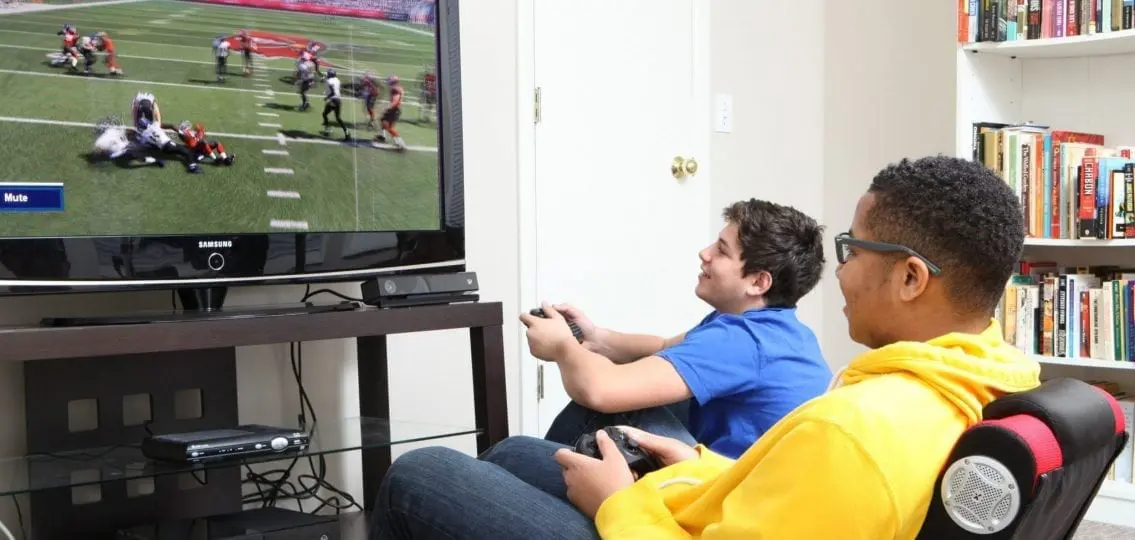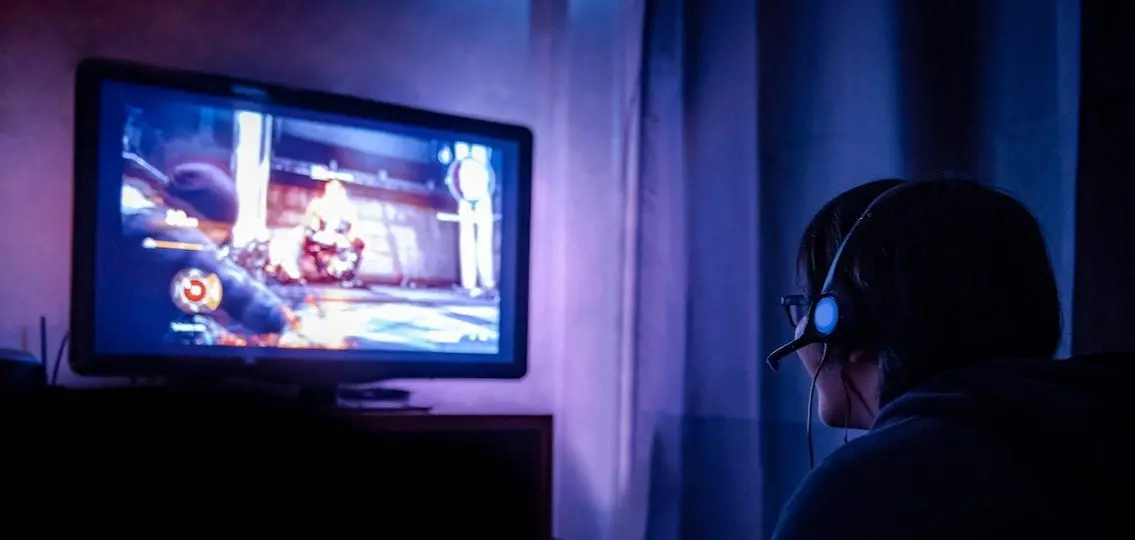Dear Your Teen:
My son is 16-years-old. He is a straight-A student, got good SAT scores, is on the varsity golf team, and participates in business clubs at high school. After school, he makes money by mowing neighbors’ lawns. He does not get in trouble, does not party, does not do drugs. He’s a good kid. However, he spends most of his waking hours locked away in his bedroom playing video games.

We used to limit him and fought about it constantly when he was in middle school. But since high school began, we have had a tentative agreement that as long as his grades were good and he was staying out of trouble, we would not put limits on him — figuring he should be mature enough to self-regulate and have discipline about keeping up with his school work, etc. For the most part, he has kept up his end of the bargain.
However, I am concerned. I know this is not healthy for him. He does not have a “normal” teenage social life.
How long should a 16 year old play video games? Is he spending too much time playing video games?
While he does have a small group of friends, sometimes he chooses video games over hanging out with them.
I’m afraid they are going to abandon him soon. He does not care. He’s always been very independent and a bit of an introvert, and ever since he was a baby has only been internally motivated — peer pressure and parental pressure have NO impact on him; he always has to feel like he is making his own choices.
I do not think he is depressed. However, I fear that someday his lack of real world social interaction is going to come back to haunt him.
My question is, “What can and should I do about this?”
EXPERT | Dr. Barbara Greenberg
Dear Mom,
Your son is functioning so well on so many levels. That is really quite wonderful. I do, however, understand your concern about the amount of time that he is spending playing video games. You made a deal with him that he would have unlimited access to video games as long as his grades and behavior continued to be good. I understand your good intentions there.
I nonetheless believe that it is now time to change that deal and you are right to be concerned about that agreement.
As a clinical psychologist who works with teens all the time I am very concerned about the effects of isolation that occur when kids are locked in their rooms playing video games all day. After all, we improve our social skills, level of social ease and understanding of others by being with people in the real and not in the virtual world.
Your son is likely to lose his friends if he frequently refuses their invitations. While I respect that your son is somewhat introverted, introverts, like extroverts, need friends. They don’t need the same level of interaction but we all need confidantes and friends that understand us.
Now the question is how you should handle the current situation. The best answer is that you should handle it very gingerly and certainly without criticism. Commend your son on how well he is handling so many aspects of his life. Then be straightforward with him and let him know that you are concerned that social isolation and success in life do not usually go hand in hand.

Suggest that your son spend time with his friends at least once during the weekend and that he cut down his video game time to perhaps one hour per day.
This should be your new agreement. Your son may initially resist this idea but the hope is that he will move out of his comfort zone and become more comfortable socially. Sometimes even the best kids need a push and almost all of us have areas in our lives that we need to pay more attention to. Please do not let this issue damage your relationship with your son because it sounds like it is pretty wonderful. Good luck and remember that gentle and supportive coaxing usually work better than demands and commands!



